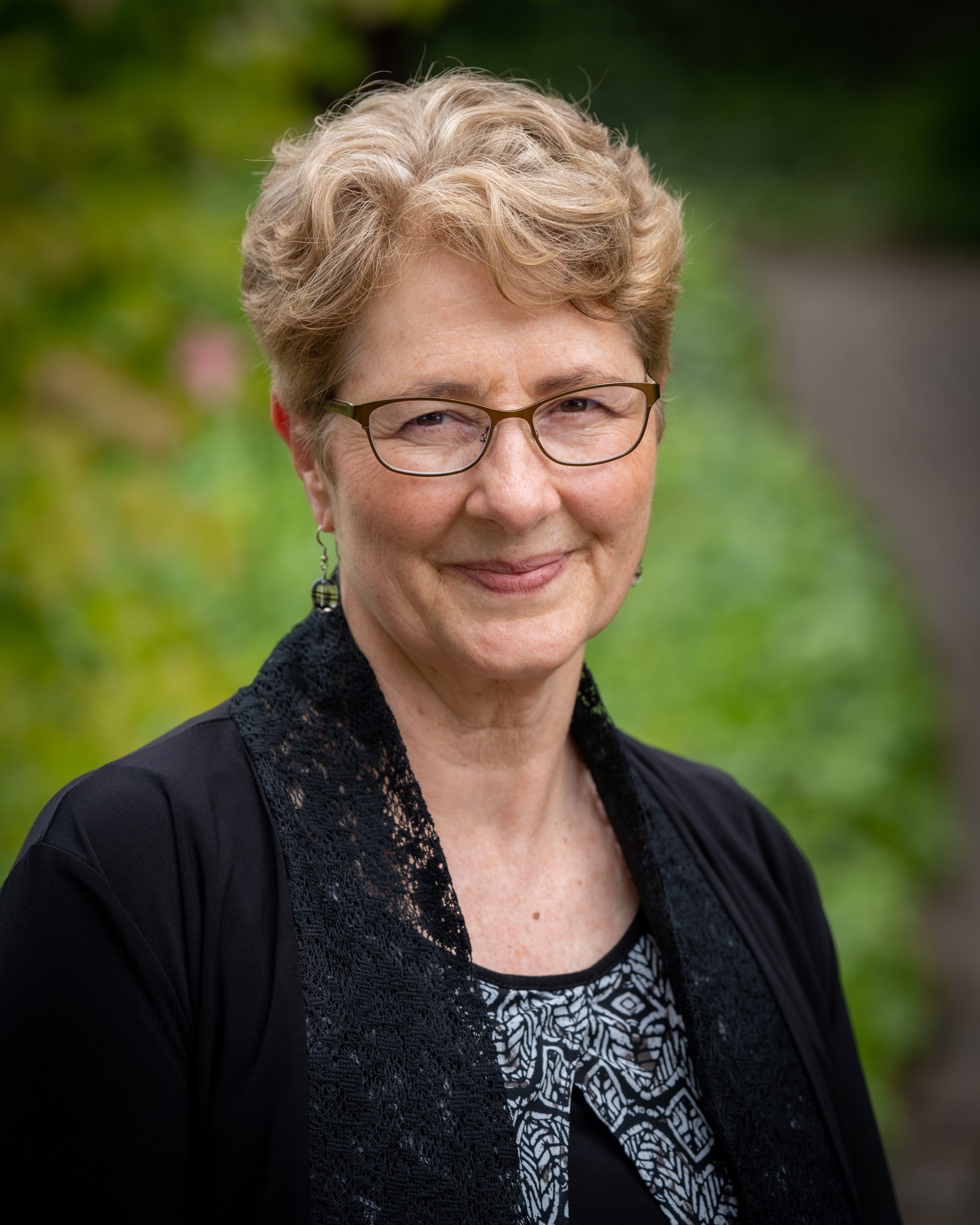Internal Medicine – About Us
An Academic Community-based Program
The smaller size of the IMRS program allows us to tailor your education and make sure that we address your needs. The Spokane setting allows for a depth and breadth of experience that rivals university hospitals. IMRS:
- Lives the mission of providing care for the poor and vulnerable
- Encourages rigorous scholarship with ownership and responsibility for clinical decision-making
- Uses case-based teaching as much as possible
- Encourages residents to provide much of the teaching content for conferences and journal clubs to facilitate adult learning
- Mentors each resident as an individual
- Provides easy access to faculty – day or night
- Provides ample opportunities for procedures (no competition from fellows) and dedicated ultrasound training
- Learn with faculty whose emphasis is direct patient care and lifelong learning
- Promotes the use of humanities and humor in teaching
- Strives to provide a balanced work-life dynamic
- Has an affiliation with University of Washington School of Medicine
Our Patients
Our patients are ethnically and socioeconomically diverse. In addition to a breadth of medical conditions, we care for patients with financial challenges, housing difficulties, legal and social problems and are grateful for the expert support our social work and case management colleagues give us. Our residency has the reputation of being able to get you the help you need! Many patients have been with our practice for twenty years and proudly share how they have “trained many doctors.”
The Inland Northwest is home to many Native American tribes (Spokane means “Children of the Sun”) and we are proud to provide care for them. In addition, Spokane welcomes many immigrants. Ukrainian, Russian, Marshallese, Arabic, Hindi and Spanish are just a few of the more common languages we hear in our work. Our patient-physician relationships are supported by interpreters as needed—in-person or via video remote interpreting.
“Internal Medicine Residency Spokane has allowed me the flexibility to turn my passion into a career.“
Catchment Area
IMRS is fortunate to work in an area where medicine is an economic driver. Patients from four states and Canada use Spokane for their tertiary care needs. Over 2M people spread across 95,000 square miles
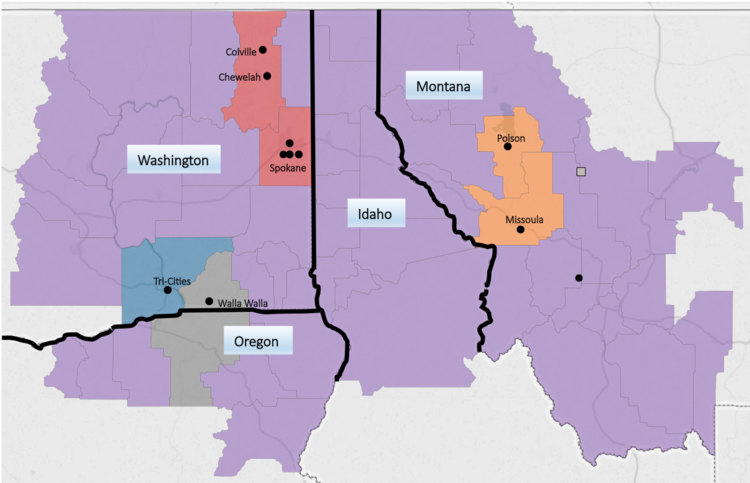
Patient Complexity
Providence Sacred Heart Medical Center and Children’s Hospital is one of the largest hospitals in the Northwest. It functions as a safety-net hospital and provides the most up-to-date, technical care. PSHMC is “home” to many LVAD patients and provides heart-lung transplants to patients in our region. Pancreas and renal transplantation is common. Basically, patients have all of their most critical needs met (with the exception of extensive burns and liver transplantation) in our region.
Residents receive a strong foundation in both inpatient and outpatient medicine. We have busy services but have realized that too many patients means not enough time to pursue clinical questions and satisfy clinical curiosity. You will become very familiar with common topics such as COPD exacerbation, NSTEMI, TIA/Stroke, Pulmonary embolism to name a few but we also look for and find the “zebras” that make internal medicine fun and challenging.
Sample of cases encountered by IM residents on housestaff during one month:
- Lemierre’s syndrome
- SLE/Catastrophic anti-phospholipid syndrome initially presenting as autoimmune hemolytic anemia, diffuse alveolar hemorrhage and cardiac tamponade
- Cerebellar ataxia as an initial presentation for Non-Hodgkin’s lymphoma
- Aortic valve endocarditis presenting as third degree heart block
- MPGN secondary to diffuse large B-cell lymphoma
- Secondary syphilis with septic pulmonary nodules
- VZV pancreatitis
Our home institution is the largest medical center between Seattle and Minneapolis providing our residency outstanding patient diversity. We see the rare, the bizarre and the clinically complex.
Rural Opportunities
International Opportunities
IMRS residents have rotated in Ethiopia, Nepal and Guatemala
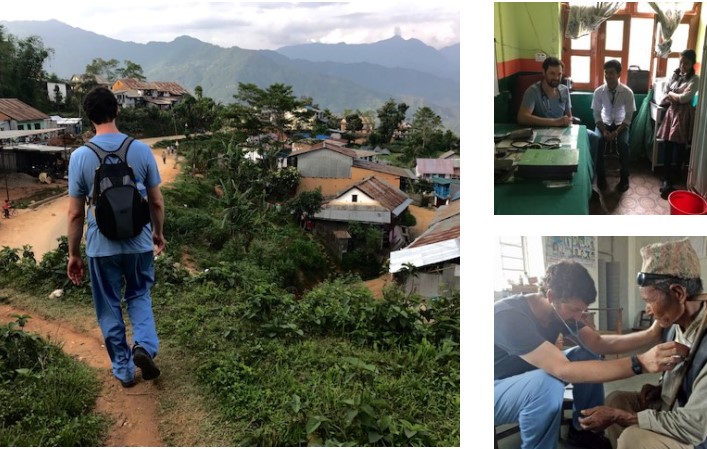
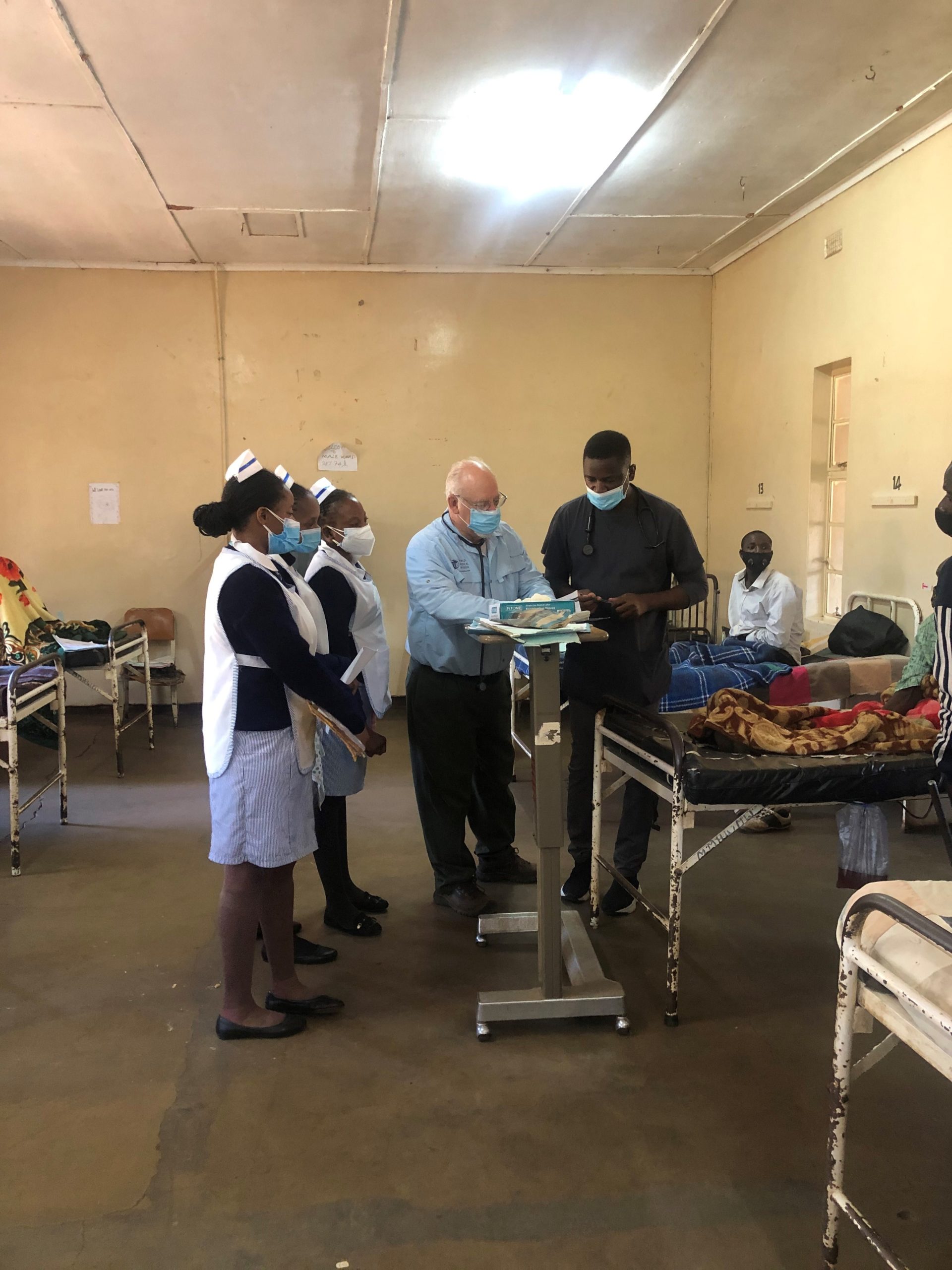
Traveling to Guatemala was an invaluable experience practicing primary care in a resource limited setting without traditional medical infrastructure. This greatly helped develop my knowledge and physical exam skills as a physician.
Diabetes Summer Camp
Camp STIX is an independent, community-based, summer camp for children and teens with diabetes throughout the Northwest. Every summer residents and faculty have the opportunity to volunteer on the medical team for Camp STIX.
Diabetes management and medical care for campers is provided by an outstanding, interdisciplinary group of health care providers and students including family medicine and psychiatry residents, pharmacy and nursing. Residents are involved in every detail – blood sugars are checked many times a day, enabling residents to make real-time treatment decisions and get invaluable hands-on experience with insulin management including the use of insulin pumps and continuous glucose monitors, as well as the acute treatment of hypoglycemia and DKA.
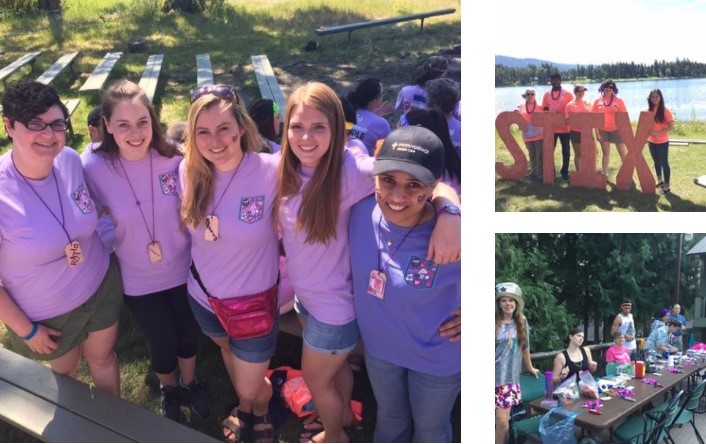
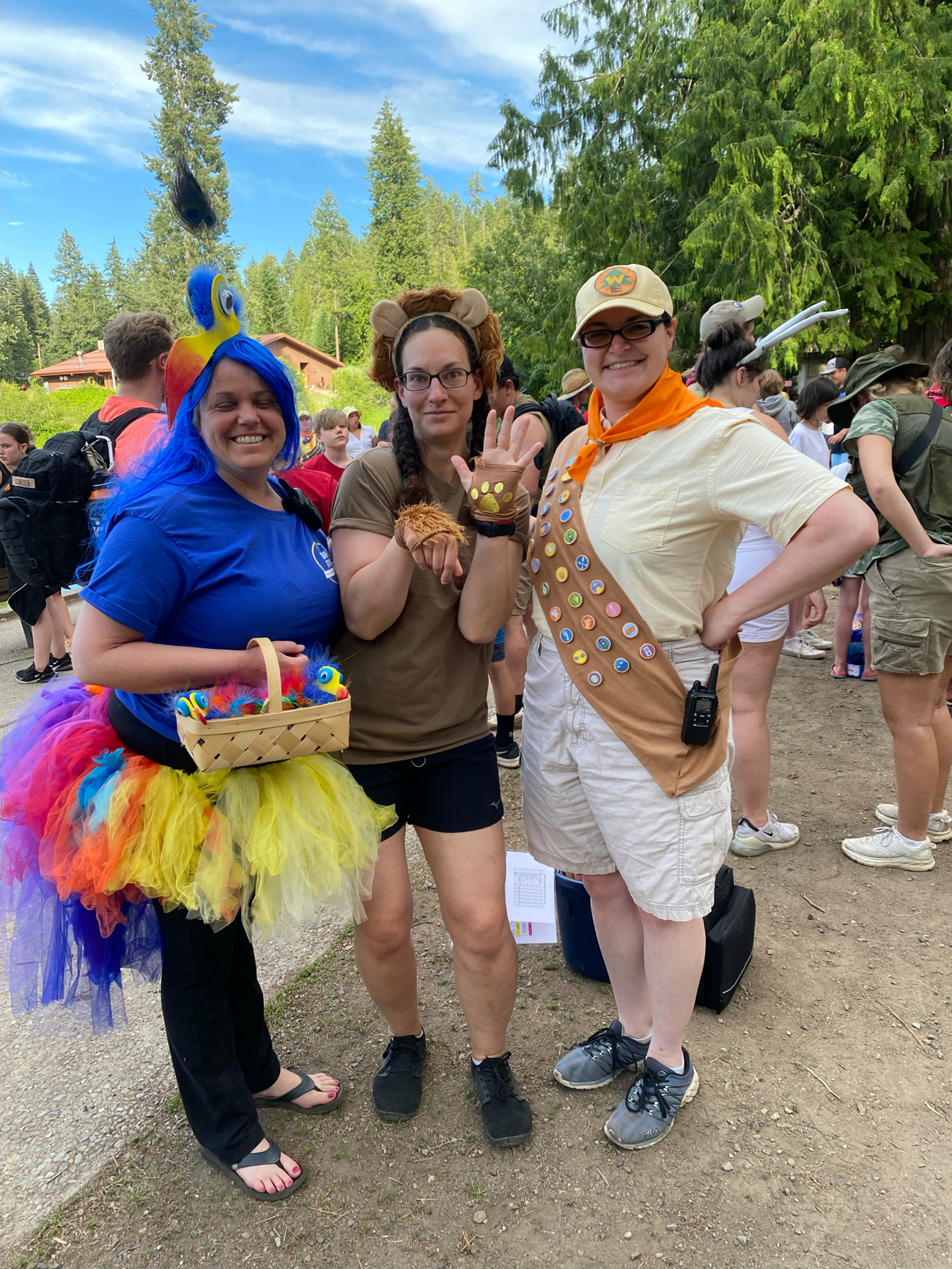
Camp STIX provides the opportunity to experience the ups and downs of diabetes (literally and figuratively) that our patients live with everyday. Also was the most fun week of “work” I have ever had!
Ambulatory Clinic
Spokane Teaching Health Clinic is a spacious and innovative facility located downtown only 8 minutes from Providence Sacred Heart Hospital. At the clinic, internal medicine, family medicine and psychiatry residents LEARN, TEACH, and PROVIDE CARE to a diverse and medically complex panel of patients in a collaborative setting. Faculty and learners in social work, pharmacy, nurse practitioner training also provide patient care. Much of our patient population is underserved and we are fortunate to have many support services available on site.
There is a well-rounded experience in our clinic-both continuity with patients as well as great exposure and urgent issues. We are thankful to have the support of in-clinic referrals, social work and pharmacy.
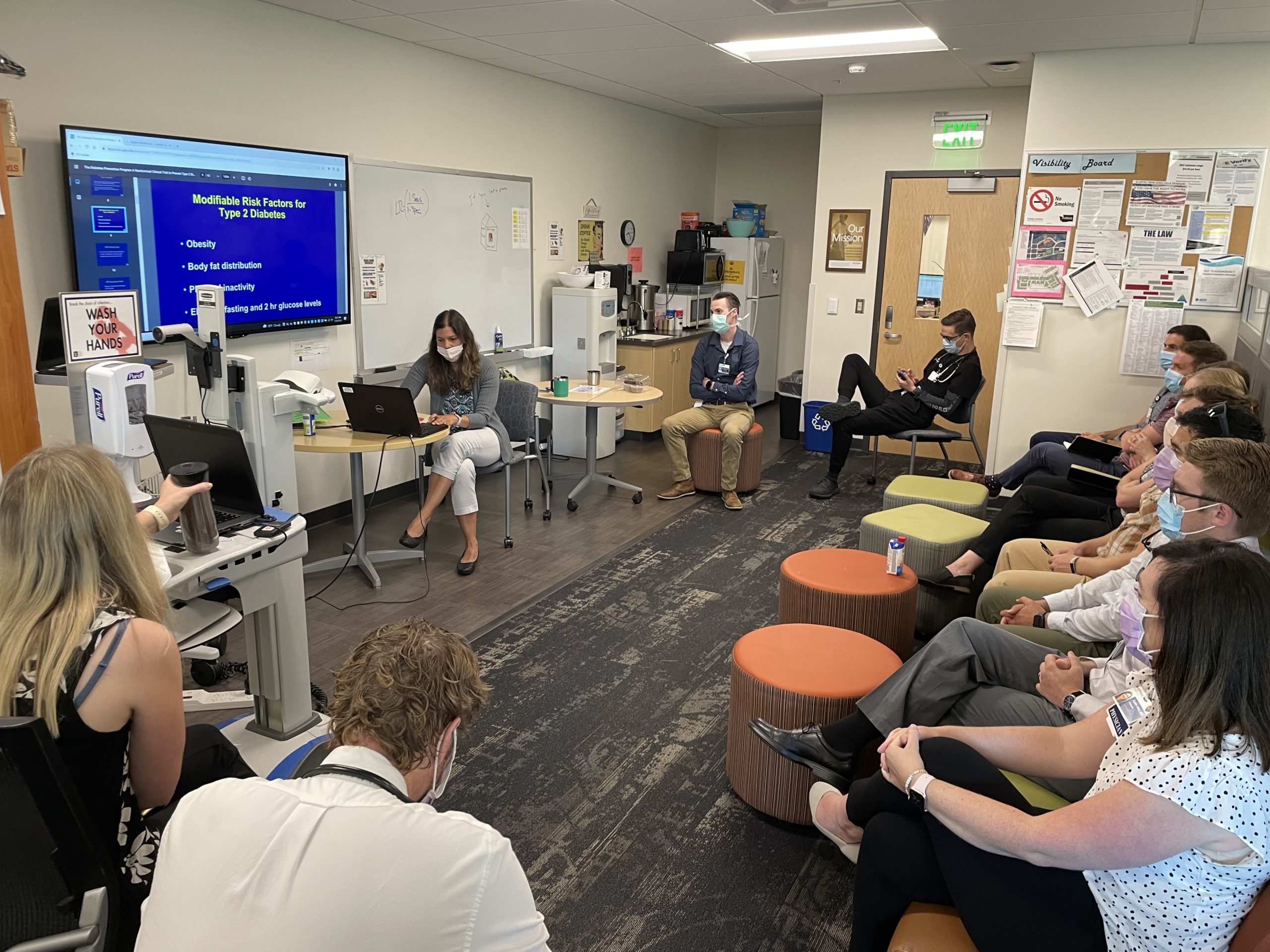
Learn
- Implement preventive medicine guidelines
- Develop quality improvement projects based on patient panel data
- Obtain specific training in motivational interviewing techniques
- Educate patients with teach back modeling
- Acquire proficiency in EMR (Epic) and time management
- Participate in daily academic conferences from Sacred Heart Hospital (via live video feed)
- Subspecialty clinic rotations: dermatology, endocrinology, psychiatry, sports medicine, gender clinic
- Direct Observation of resident-patient interaction with feedback on communication, time management and physical exam skills
- Pre-clinic morning curriculum:
- Academic case-based curriculum (YALE).
- Focused topics presented by specialists, faculty and residents
- All residents follow HIV/AIDS patients as part of their primary care panel with supervision and training from 5 certified HIV specialists amongst the faculty.
- Residents may choose to become certified with the American Academy of HIV Medicine
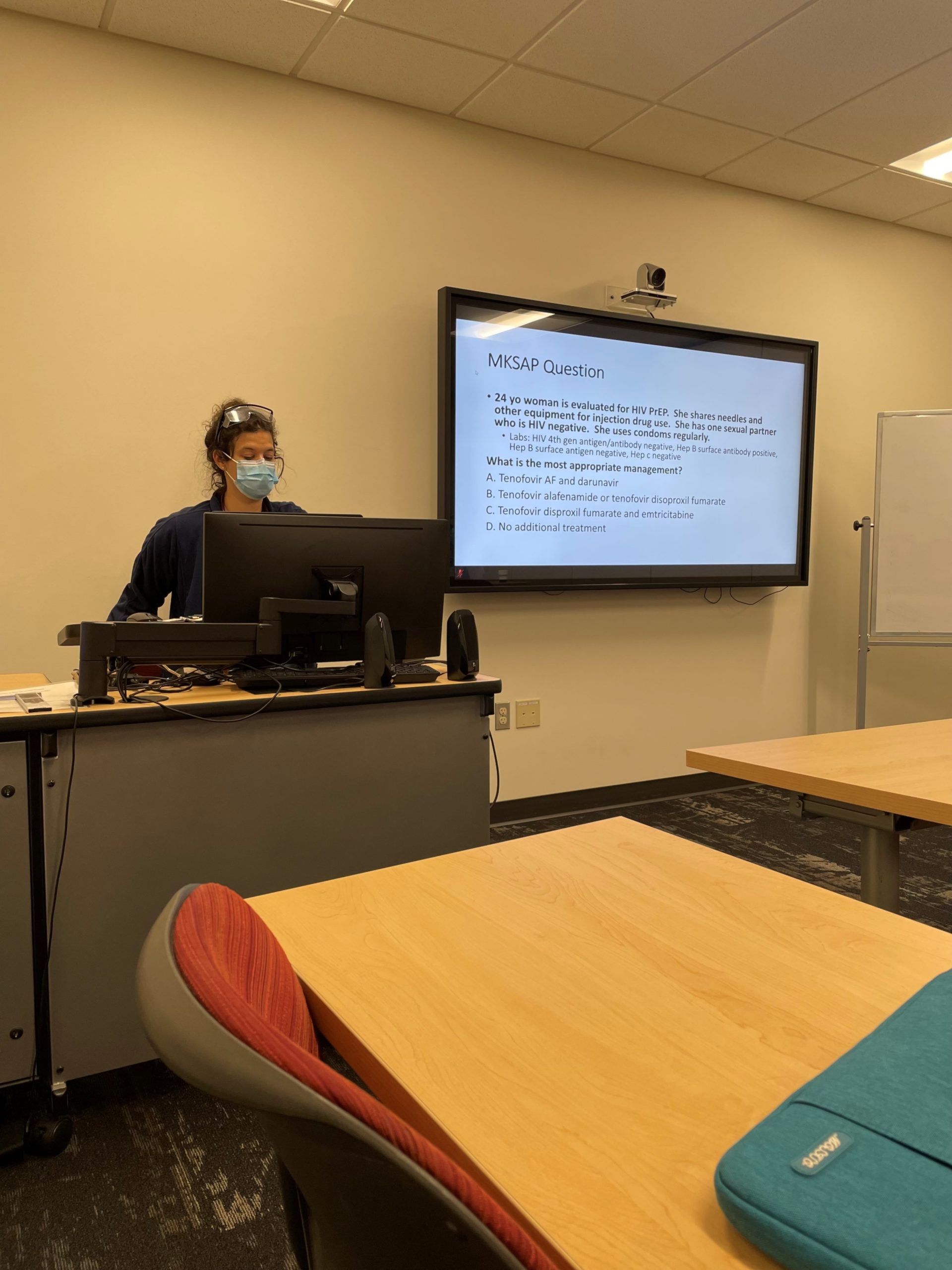
Teach
- At least one faculty preceptor for every four residents
- Teach medical students and other learners in our multidisciplinary clinic
- Residents on their ambulatory rotation lead morning teaching: either an assigned Yale topic, their QI project or a focused topic of their choosing
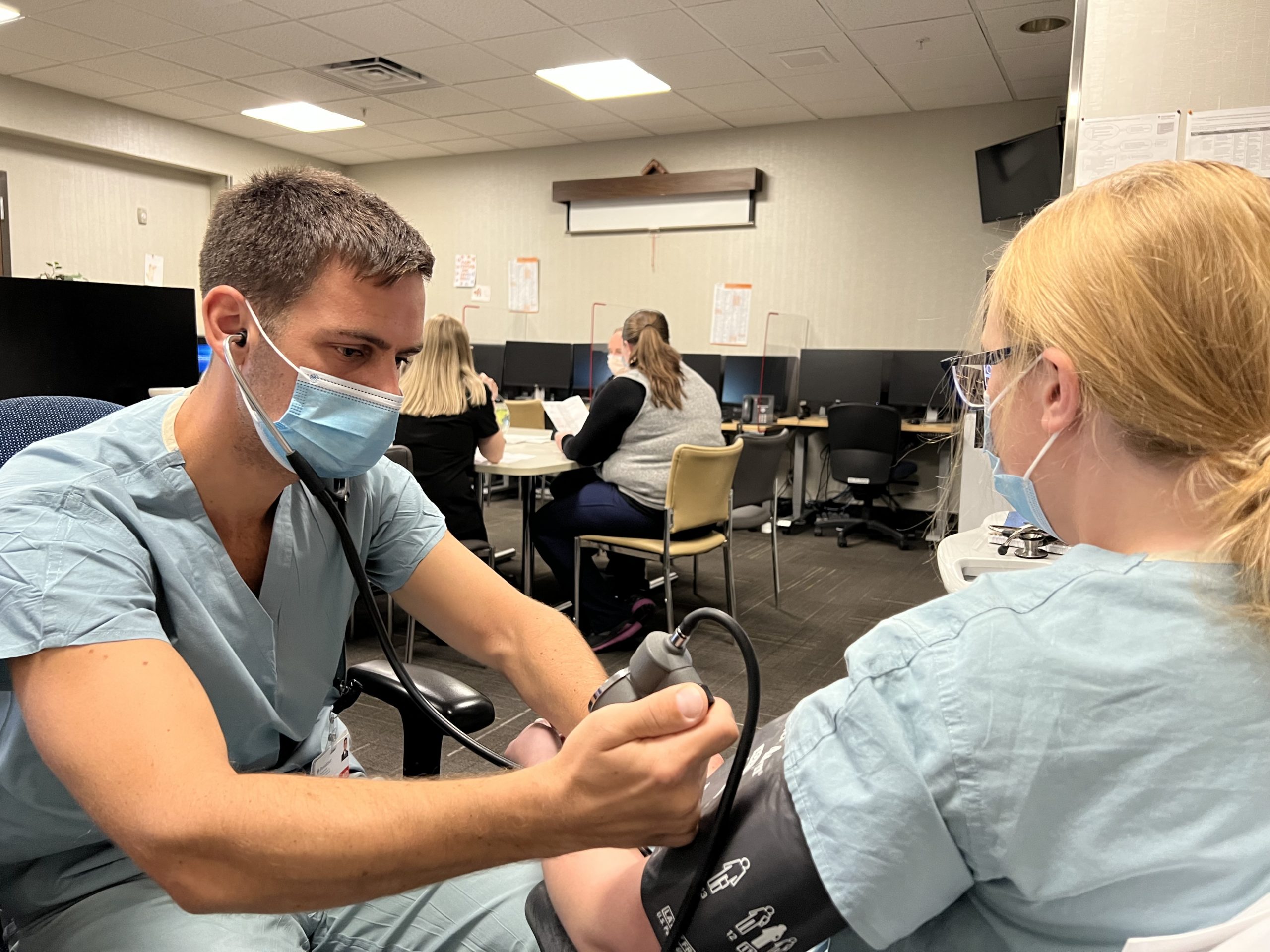
Care
- Take ownership as the primary care physician for a panel of patients
- Clinical Support Staff (Medical Assistants, RNs) provide staff continuity. Every resident is assigned to a CSS with whom you work longitudinally
- Collaborate care model for psychiatry/internal medicine
- Medical-Legal partnership to assist patients and providers
- R1: one ½ day per week + concentrated ambulatory clinic rotation
- R2 and R3: one full day/week + concentrated ambulatory clinic rotations
- Many ambulatory rotations are in 2 week blocks alternating with hospital rotations
- HIV Clinic
- All residents follow HIV/AIDS patients as part of their primary care panel with supervision and training from 5 certified HIV specialists amongst the faculty.
- Residents may choose to become certified with the American Academy of HIV Medicine
- Chronic Pain Clinic
- Residents participate in comprehensive pain management and learn safe use of opioids and non-opioid interventions.

